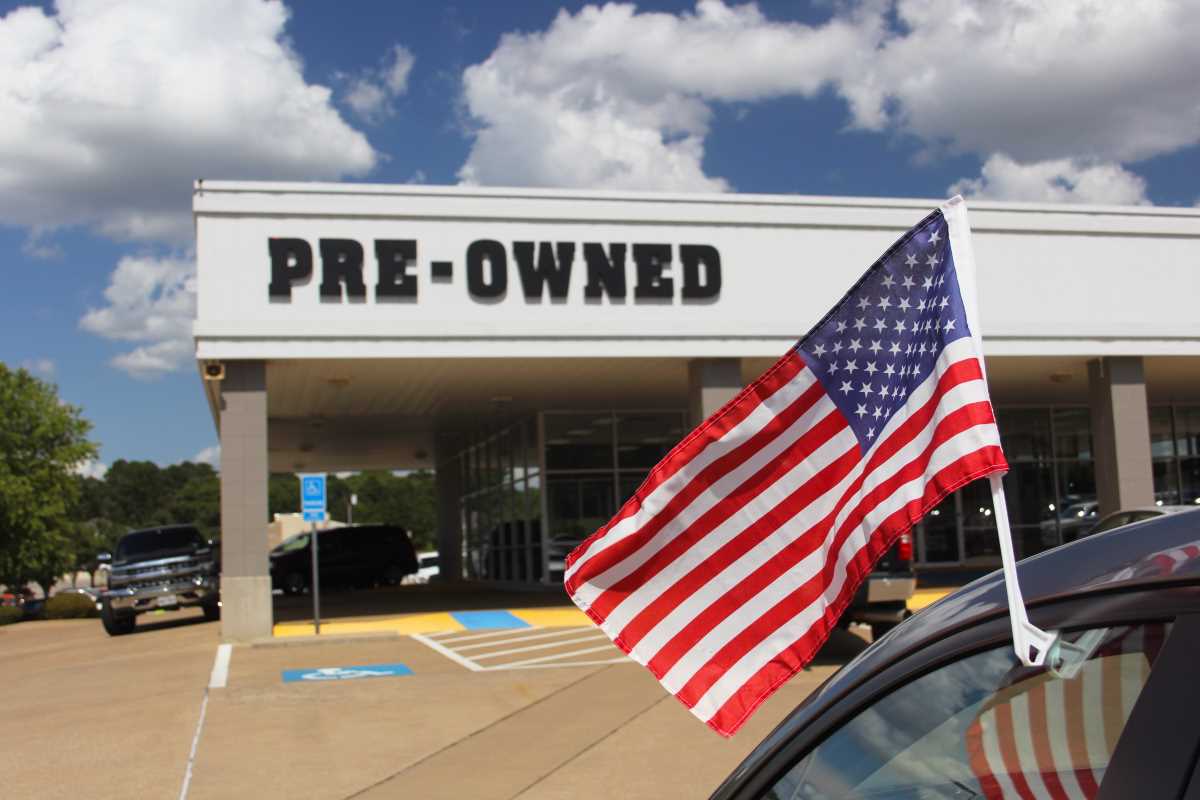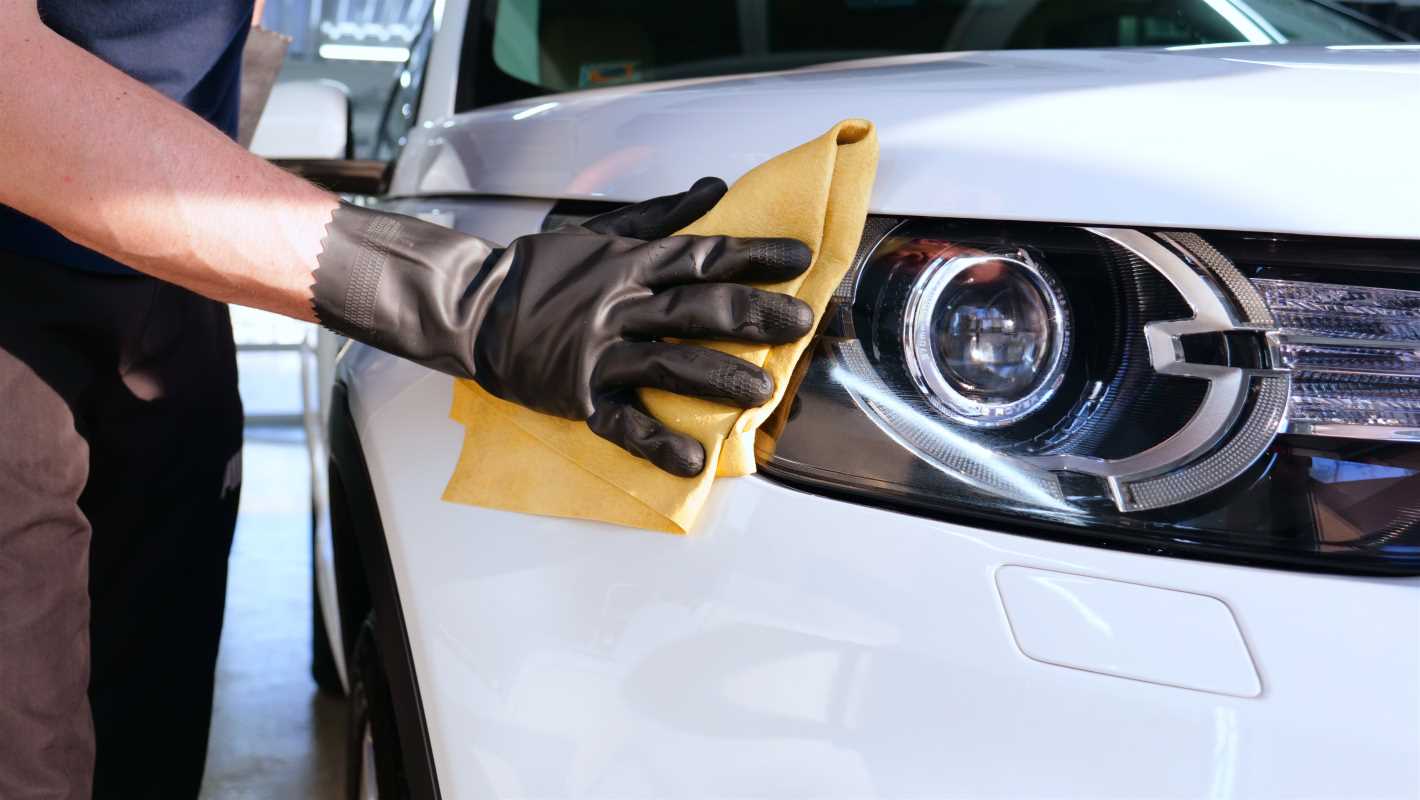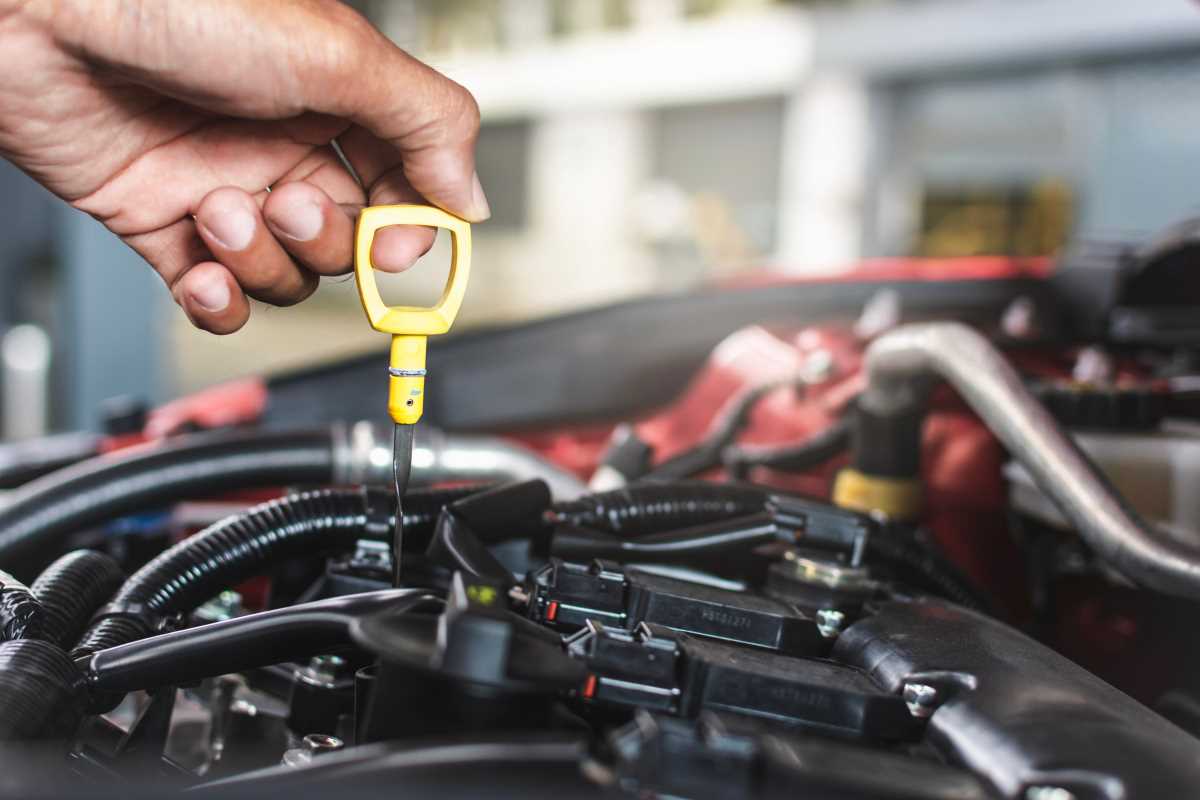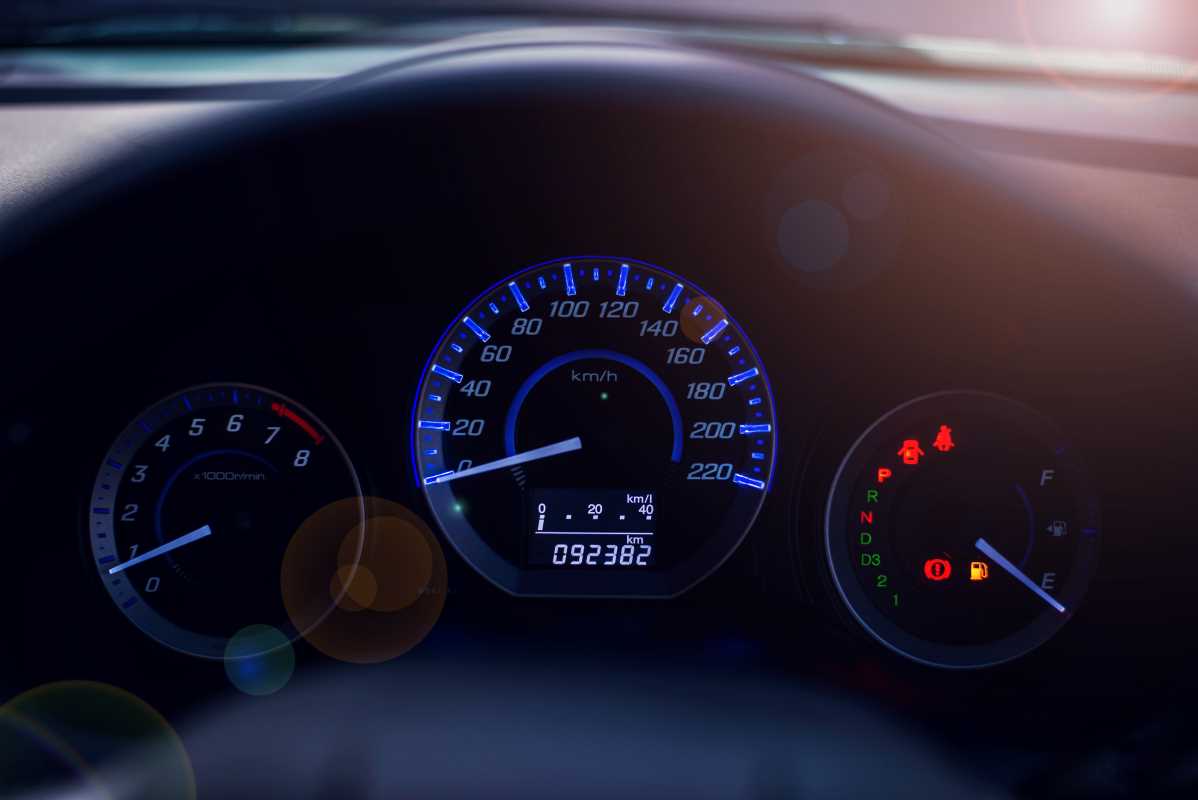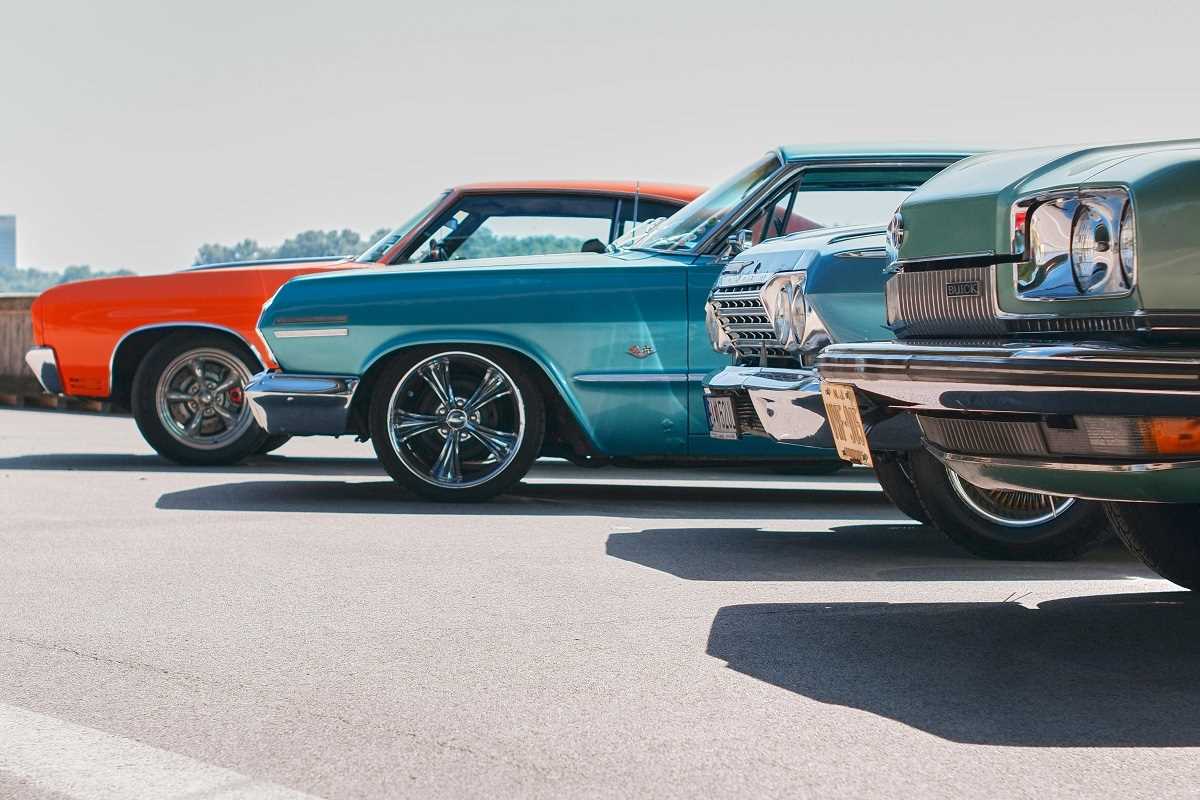When it comes to buying a used car, there are two main paths you can take, and each offers its own set of benefits and challenges. Should you walk into a dealership with its polished floors and friendly sales staff, or should you meet a private seller and strike a deal over a handshake? Both options have their unique advantages, and your decision could come down to what matters most to you, whether that’s budget, convenience, or peace of mind. If you’re on the fence, don’t worry—we’re here to help you make the best choice for your needs by breaking it all down.
Benefits of Buying From a Dealer
Dealerships are the go-to place for many people shopping for used cars, and it’s easy to see why. They offer a structured, professional buying experience that eliminates some of the risks associated with private sales. Here’s a closer look at why buying from a dealer might be the right move for you.
The biggest advantage of dealerships is the quality assurance they provide. Many cars sold at dealerships go through inspections before hitting the lot, ensuring they’re safe and reliable for the road ahead. If you go for a certified pre-owned (CPO) car, you’re signing up for even more benefits. CPO vehicles are typically low-mileage and in excellent condition, often coming with warranties that extend beyond the original factory terms. For anyone worried about big repair bills down the road, this level of coverage can be a game-changer.
Dealerships also make financing easy. Whether you have great credit or need some help getting approved for a loan, dealers often offer financing options that cater to a wide range of buyers. Some even provide in-house loans, where you handle everything right there at the dealership.
Another key advantage of buying from a dealer is the convenience. Many dealerships handle the necessary paperwork for you, such as title transfers and registration, saving you a trip to the DMV. This hassle-free approach is a huge time-saver.
On the downside, dealerships are generally more expensive than private sales. Their prices often reflect the overhead costs of running a business, such as staff salaries and building maintenance. Even with thorough inspections and added warranties, the higher sticker price can leave budget-conscious buyers looking elsewhere.
Pros and Cons of Going With a Private Seller
Private sellers don’t have flashy showrooms or big advertising budgets, but they do have one compelling advantage: lower prices. When you buy directly from a private individual, you’re cutting out the middleman, which means skipping dealership markups. If you’re willing to put in a little extra effort, you might find a great deal.
Private sellers are often more flexible during negotiations than dealers. Many just want to sell their car quickly and are open to reasonable offers. If you come prepared with research on market prices, you can often leave with a better deal than what you’d find at a dealership.
You also might enjoy a more personal approach when buying from a private seller. You can ask specific questions about the car’s history, such as how it was driven, maintained, or stored. This kind of insight can be invaluable, especially if the owner is forthcoming about any quirks or imperfections.
That said, buying privately does come with risks. For starters, there’s no guarantee that the car is in the condition the seller claims. Unlike dealerships, private sellers don’t conduct inspections, and they won’t offer warranties or guarantees. If something breaks a week after buying it, the cost of repairs falls squarely on your shoulders.
Another challenge is navigating the paperwork. With private sales, it’s up to you to handle title transfers, registration, and any other legal requirements. For first-time buyers, this can feel overwhelming, but it’s manageable if you’re willing to do a little research.
Perhaps the biggest risk of buying from a private seller is the potential for fraud. Not every seller is honest, and you’ll need to be extra vigilant about verifying the car’s history. Running a vehicle history report and scheduling a pre-purchase inspection with a mechanic are non-negotiable steps if you want to avoid nasty surprises.
Comparing Warranties and Repairs
One of the biggest perks of buying from a dealer is the potential warranty coverage. Certified pre-owned vehicles often come with extended manufacturers’ warranties, which can cover costly repairs for a set period or up to a specific mileage. Some dealerships even throw in perks like free maintenance, roadside assistance, and return policies.
Private sellers, on the other hand, typically sell vehicles “as-is.” If repairs are needed after purchase, you’re on your own. This is why a thorough inspection before committing to a private sale is so important. Spending a little upfront for a mechanic’s evaluation can save you from unexpected repair bills later.
Financing and Payment Options
Financing is another area where dealerships tend to have the edge. Many offer a variety of loan options and can work directly with banks to get you approved. Some also accept trade-ins, which can help lower the cost of your next car. If you don’t have the cash to pay upfront, a dealership simplifies the process.
Private sellers generally expect payment in full, whether that’s through cash, a cashier’s check, or another form of immediate payment. If you need financing, you’ll have to arrange it on your own. While this might be more work, it could also give you more control over your loan terms, making it worth the extra effort for savvy buyers.
How to Negotiate Like a Pro
Negotiating the price of a used car is an art, whether you’re dealing with a dealer or a private seller. At dealerships, going in with research is your best tool. Know the market value of the car based on its condition, mileage, and location, and don’t be afraid to bring that information to the table. While dealers might not drop the price significantly, you can often negotiate for other perks like free oil changes, discounted warranties, or cosmetic repairs.
When dealing with private sellers, your negotiating power is often stronger. Private individuals are usually looking for a quick and hassle-free sale, so they’re more willing to compromise. Be polite but firm, and make it clear that your offer is based on your knowledge of the car’s market value. If the car has scratches, dents, or mechanical issues, mention how those factors affect its worth.
Making the Right Choice for You
Deciding between a dealer and a private seller ultimately comes down to your priorities. If you value convenience, reliability, and added protections like warranties, a dealership might be your best bet. However, if you’re on a tight budget and comfortable doing your own research and inspections, a private seller could help you save money while still getting a great car.
Whichever route you take, remember that preparation is key. Take your time to research, ask plenty of questions, and make sure you understand the terms of your purchase. With the right approach, you’ll drive away feeling confident and satisfied with your decision.

